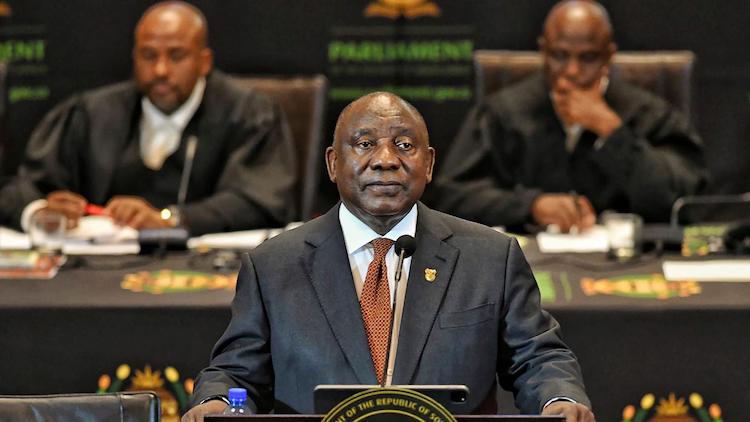By Lisa Vives, Global Information Network
NEW YORK | PRETORIA (IDN) — No lights, no water.
Living in South Africa is no picnic today. In his recent State of the Nation Address, President Cyril Ramaphosa acknowledged crippling power shutdowns, which threaten the country’s economy and security and undermine daily life in the continent’s leading industrial power.
“We are declaring a state of national disaster in response to the electricity crisis and its impact,” Ramaphosa told a large crowd at the Cape Town City Hall. The declaration entitles the release of special funds and could appease a growing anger over power cuts in several cities.
The president also announced the appointment of a Minister of Electricity to assume full responsibility for overseeing all aspects of the electricity crisis response, including the work of the National Energy Crisis Committee.
This brought loud objections from members of the Economic Freedom Fighters party (EFF), the third largest party in parliament. After their numerous points of order were rejected over 45 minutes, the group was ordered to leave the room by Assembly Speaker Nosiviwe Mapisa-Nqakula. This prompted several EFF members to jump on the stage. They were ultimately ejected by a large number of security officers, including some carrying weapons.
The electricity crisis has been blamed on the state-owned Eskom which produces 90 per cent of the country’s electricity and was a major target of organized looting of state resources linked to former President Jacob Zuma (2009-2018).
Today, Eskom is burdened with debts while struggling with ageing and poorly maintained coal-fired power plants that are regularly plagued by breakdowns.
As a consequence, according to local media, 60 million South Africans are forced to cook, wash their clothes and charge their phones at certain times of the day only. The country is rationing electricity by imposing scheduled blackouts. These power cuts have lasted up to nearly 12 hours on some days, with the shortage worsening since last year.
Other topics mentioned by the President were training for police officers and more effective use of technology, solutions to youth unemployment, assisting school dropouts, and increased budget allocations for municipalities, among others.
The main opposition party, the Democratic Alliance, plans to challenge the state of disaster in court, claiming the President’s action will empower the ruling African National Congress party to side-step normal procurement processes.
Professor Lisa Thompson, a political economist at the University of the Western Cape, applauded the president for finally acknowledging the urgency of resolving the energy crisis. Power outages have been implemented on and off since about 2008.
But Malaika Mahlatsi, a researcher at the Institute of Pan African Thought at the University of Johannesburg, expressed concern that the appointment of a Minister of Electricity creates a parallel structure “emasculating government departments and deepening the incapacity crisis they evidently face.
“The government must build the capacity of the public service, not outsource its responsibilities to individuals in the president’s office,” she said. [IDN-InDepthNews – 13 February 2023]
Image: Cyril Ramaphosa delivers his State of the Nation address (GCIS via AP)
IDN is the flagship agency of the Non-profit International Press Syndicate.
Visit us on Facebook and Twitter.
We believe in the free flow of information. Republish our articles for free, online or in print, under Creative Commons Attribution 4.0 International, except for articles that are republished with permission.

